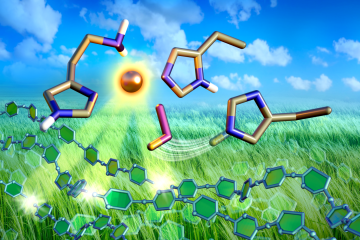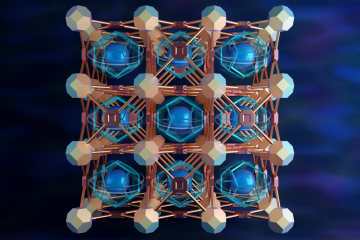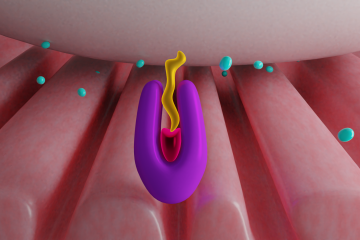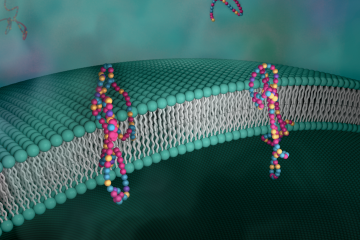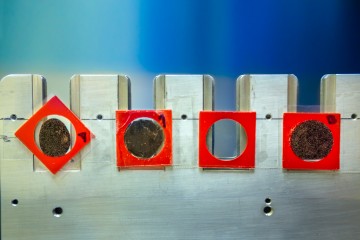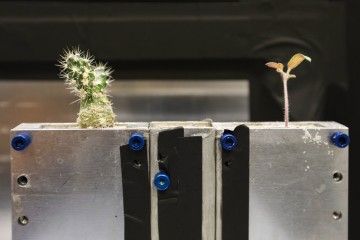Agriculture & Food
Neutrons are non-destructive and sensitive to lighter elements, such as hydrogen, and can easily penetrate dense materials like soils, so they are highly useful in studying water concentrations and rheological parameters—such as moisture uptake by the roots of plants in a soil matrix—without damaging the plants themselves. Neutron scattering is also ideal for investigating microstructures in foods before and after processing, including the effects of tempering on the crystallites in chocolate that help determine mouthfeel and taste.


